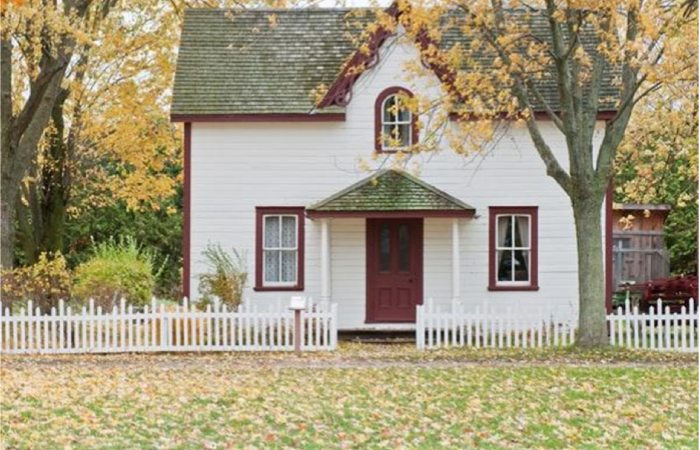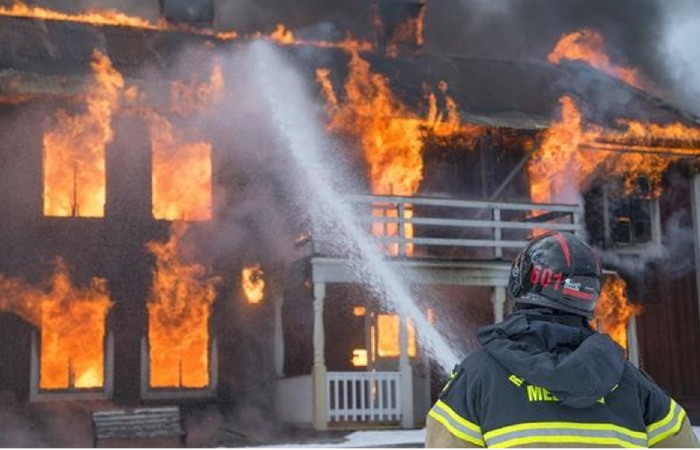Home insurance is one of those things that most people know they need but don’t really understand. In fact, a Forbes Advisor survey of 2,000 homeowners found that most don’t know how home insurance works. In this article, we’ll give you a crash course in home insurance, so you can understand what you’re covered for and what you’re not.
Keep reading to learn more.
Table of Contents
Learn what is and is not covered by your home insurance.

When reading your home insurance policy, it’s vital to understand what is and is not covered, and many people are uninformed in this area. Your policy will likely have a list of perils that are covered. These are events or situations that the policy will help with. Common perils that are covered include fire, theft, and wind damage. However, earthquakes and floods are typically not covered unless you add special riders or additional policies. It’s also important to be aware of the deductible amount. This is the amount you’ll need to pay out-of-pocket before your insurance kicks in.
Know what to do if you have a claim.
If you have a home insurance claim, follow these steps to make sure the process goes as smoothly as possible:
Notify your insurance company right away. Call the toll-free number on your policy or go online and report what happened. Be prepared to give your policy number and details about the damage.
Take pictures of the damage. If you can, snap photos before you start cleaning up or making repairs. This will help your insurance company assess the damage.
Keep any damaged items until the insurance company says it’s okay to discard them. Don’t throw anything away until an adjuster has had a chance to look at it. You may need to store them in a safe place until the claim is settled.
Cooperate with the insurance company’s adjuster. They will want to inspect the damage and speak with you about what happened. Answer questions honestly and completely so they can figure out what caused the loss and how much it will cost to repair it.
Review your policy annually.
Insurance policies are not one-size-fits-all, and every policy is different. As a result, it is important to review your policy annually to ensure that you understand what is covered and what is not. You may also need to update your policy if there have been changes in your life or home. For example, if you have added a security system or renovated your home, you may need to update your policy to reflect these changes.
Your insurance company will send you a renewal notice each year, which will outline the changes to your policy. It is important to read this carefully and ask questions if any aspects of the policy are unclear. You should also contact your insurer if there have been any major changes in your life, such as buying a new home or adding a pet.
Your insurance policy should provide peace of mind, so it is important to take the time to review it regularly and make sure that it still meets your needs.
Understand how home insurance works.

Home insurance protects you in two ways: first, it covers the cost of repairing or rebuilding your home if damaged or destroyed; second, it provides liability coverage in case someone is injured on your property.
The amount of coverage you need depends on the value of your home and its contents. Your insurer will ask for information about your home, including its age, type of construction, and estimated replacement cost. You will also need to list the value of your possessions, including furniture, appliances, electronics, and jewellery.
Your policy will have an amount you must pay out-of-pocket before the insurance company covers any costs. The higher that amount is, the lower your premiums will be.
You should review your policy every year to ensure you have enough coverage to rebuild your home if it is destroyed and replace all of your possessions if they are lost or stolen.
The bottom line is that home insurance is vital for those who own a home and want to be protected in the event of a natural disaster or another unforeseen event. Home insurance can help pay for damage to your house and provide coverage for personal belongings. However, carefully reading through a home insurance policy is essential to understand what is and is not covered.

